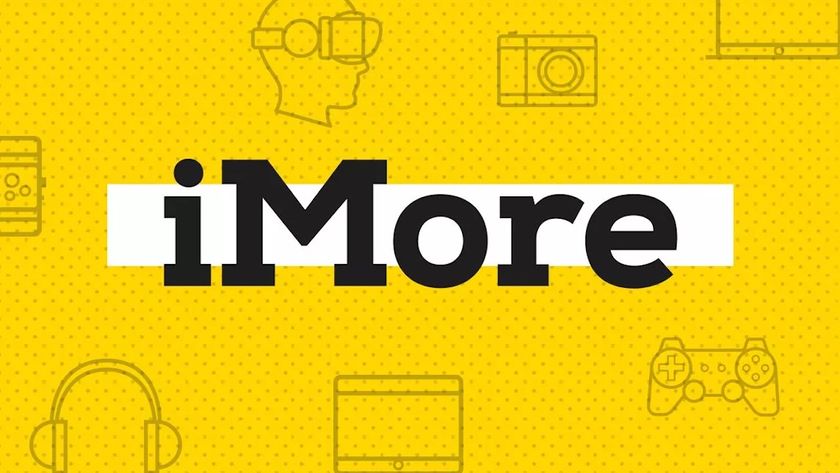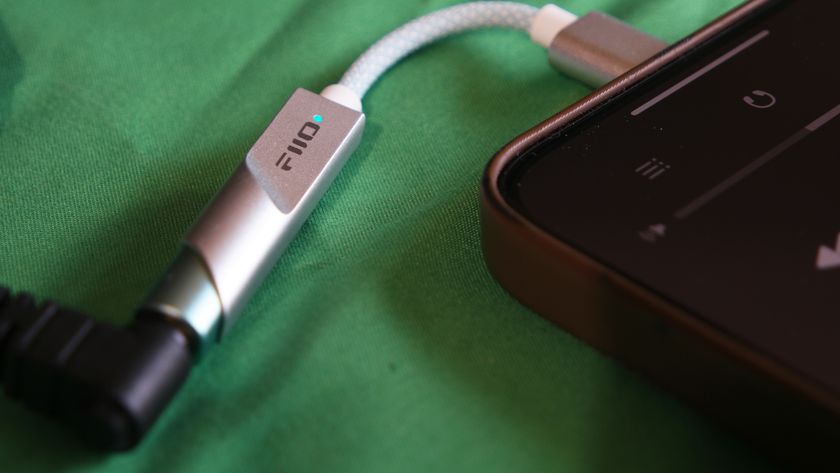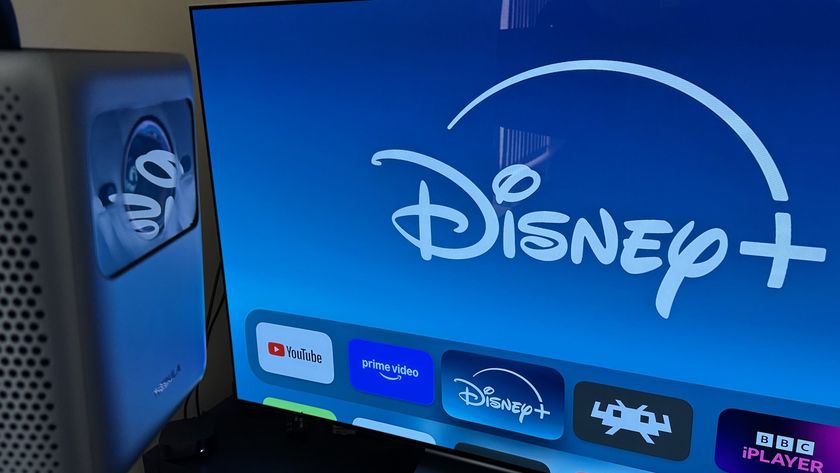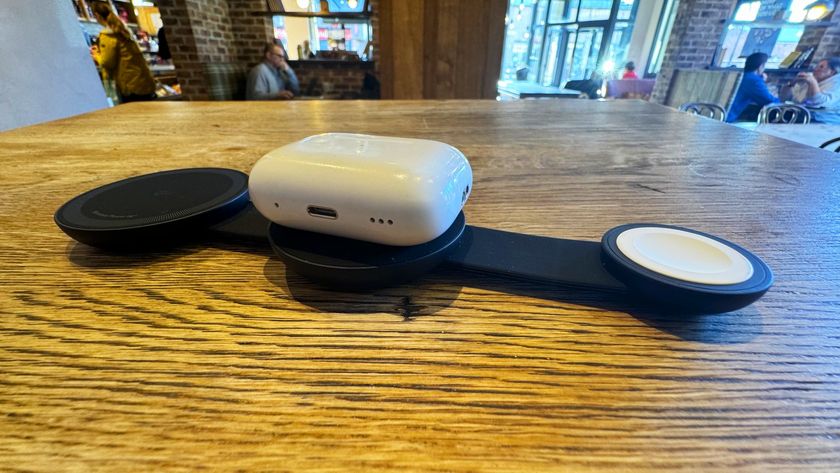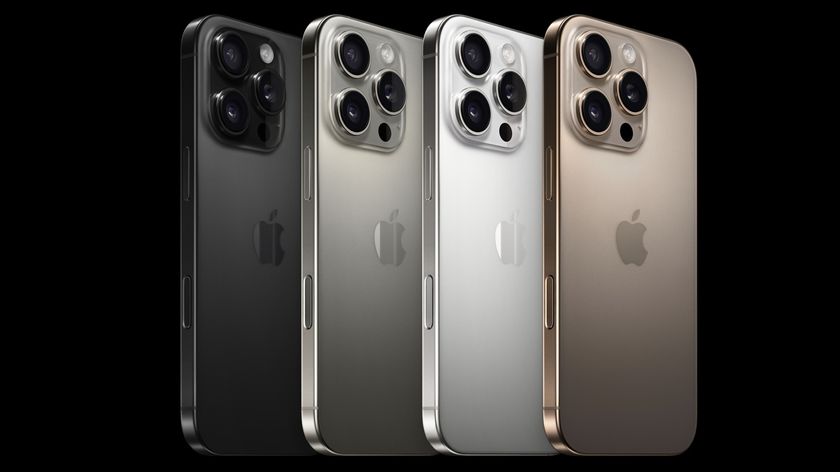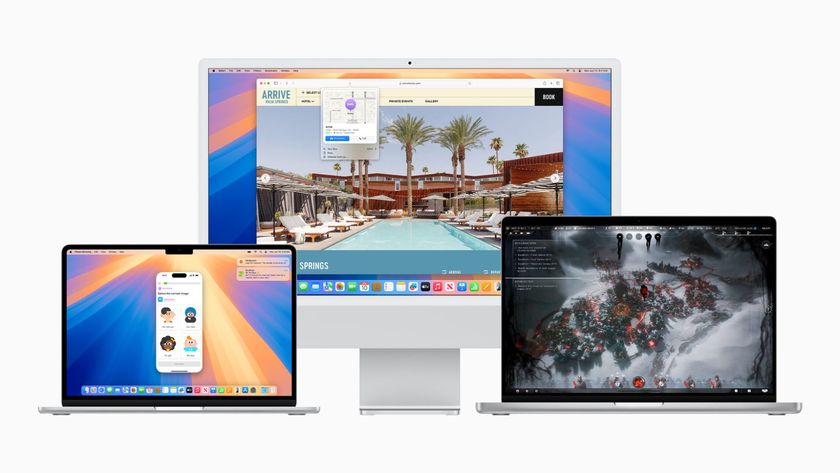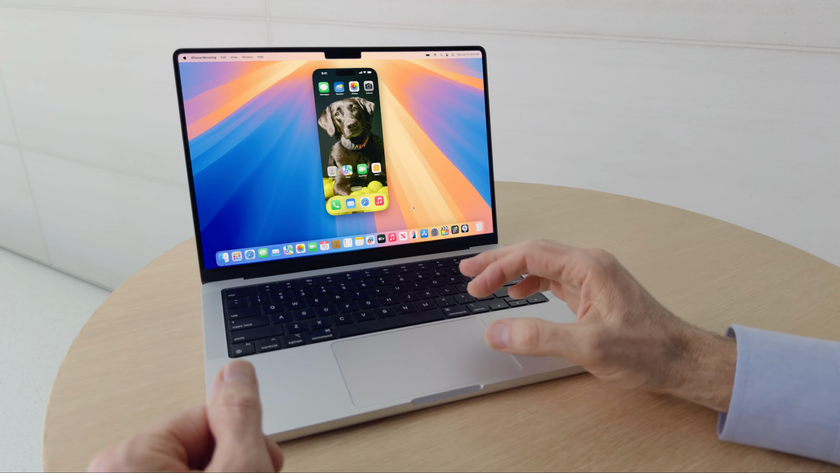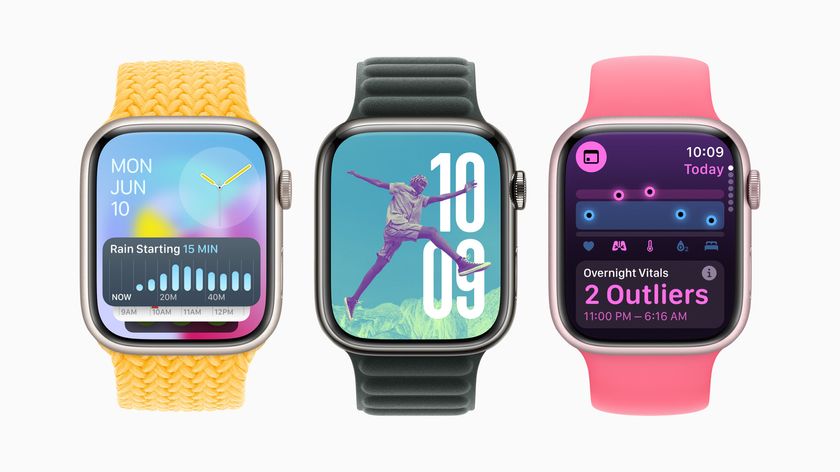Comcast/Netflix: Fearing the end to net-neutrality... or just a price hike?
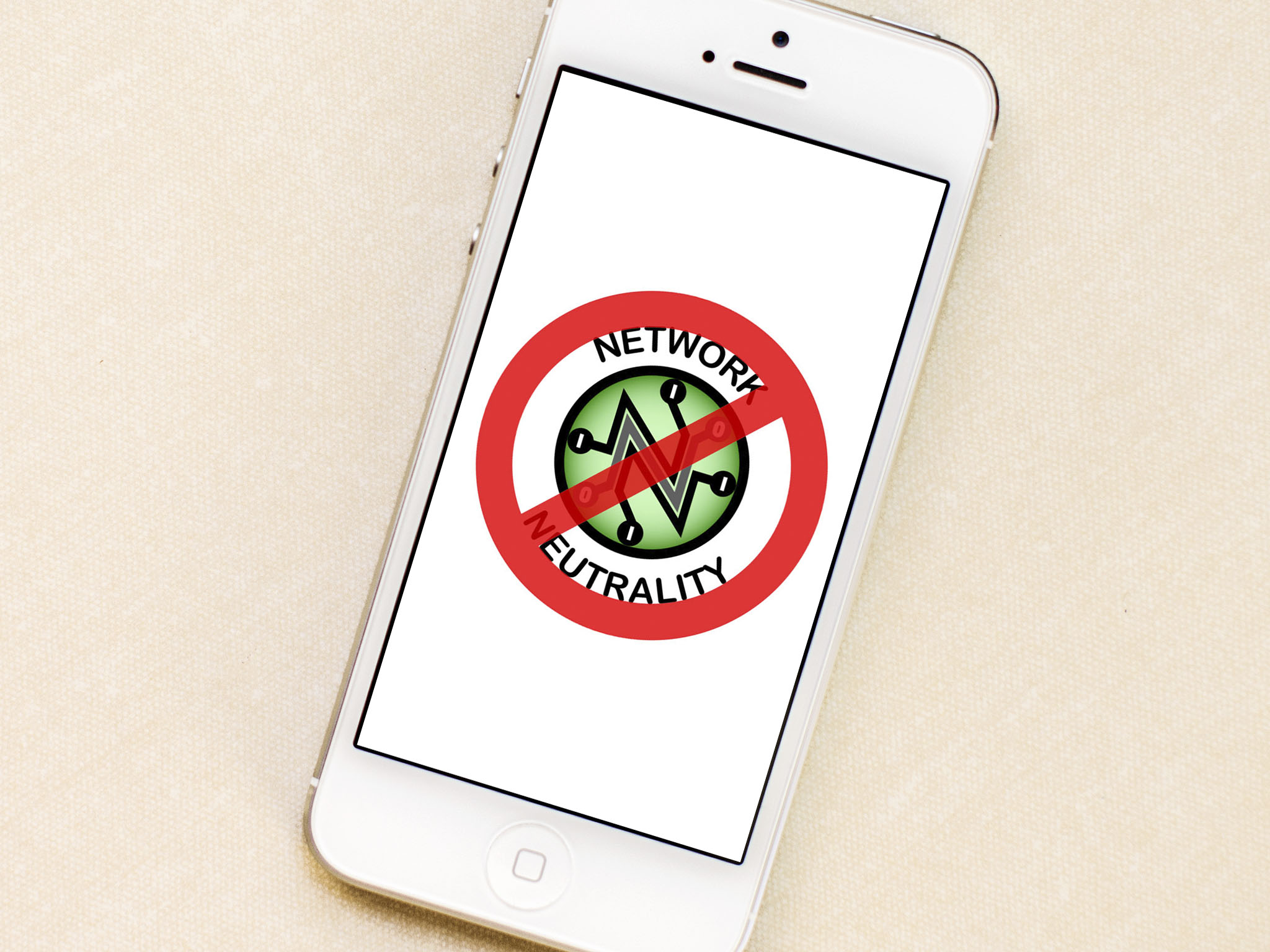
Over the weekend Comcast announced a "mutually beneficial interconnection arrangement" with Netflix that should improve the quality of Netflix streaming for Comcast customers. While it's raised alarms, it's also provoked a few article writers to declare this another nail in the coffin for net neutrality. As usual, the truth is much more complicated.
Comcast and Verizon have both been in the public crosshairs because Netflix streaming has been demonstrably more trouble-prone for customers of both Internet service providers — frequent buffering issues or errors connecting, for example. Netflix's internet service provider, Cogent, says that both ISPs are refusing to open new ports to allow more traffic through, despite demands from their customers. Verizon, for its part, says Cogent is the problem because they won't pay. Verizon:
...Cogent is not compliant with one of the basic and long-standing requirements for most settlement-free peering arrangements: that traffic between the providers be roughly in balance. When the traffic loads are not symmetric, the provider with the heavier load typically pays the other for transit...
"Transit" is how Internet data travels between networks. Data is exchanged between the networks — in this case, between Cogent and Verizon. What's at issue is that Verizon (and Comcast) have been accepting much more data through Cogent's network, because of its relationship with Netflix, than they have been sending.
From Cogent's perspective, their customer should pay the freight for data transmission, just as you and I pay to access the Internet, and that's it. Ars Technica:
"We believe firmly in bill and keep," [Cogent Communications CEO Dave Schaeffer] said. "We bill our customers and we connect them to the Internet, and it's our job to deliver to them the best quality possible. Verizon is billing its customers, and it's got a lot more of them and it bills a hell of a lot more, and they're not committed to delivering their customers what they promise the customers they're going to deliver."
So up until now, it's been a game of chicken between big ISPs. And it would appear that Netflix finally blinked. While the terms of Comcast and Netflix's arrangement were not disclosed, word is that Netflix is paying Comcast for the privilege. Wall Street Journal:
Netflix Inc. has agreed to pay Comcast Corp. to ensure Netflix movies and television shows stream smoothly to Comcast customers, a landmark pact that could set a precedent for Netflix's dealings with other broadband providers, people familiar with the matter said.
The death of net neutrality? Not so fast
There was one sentence from Comcast's press release that jumped out at me:
Netflix receives no preferential network treatment under the multi-year agreement, terms of which are not being disclosed.
Why include that?
Master your iPhone in minutes
iMore offers spot-on advice and guidance from our team of experts, with decades of Apple device experience to lean on. Learn more with iMore!
It ultimately comes down to net neutrality: the principle that Internet service providers shouldn't discriminate or charge differently depending on what type of content is being delivered to their customers.
Comcast is already bound by a net neutrality agreement it reached with the Federal Communications Commission (FCC) and Department of Justice (DOJ) when it acquired NBCUniversal in 2011 — an agreement that's in place until 2018. When the FCC's own Open Internet Rules were overturned by a federal appeals court in January, Comcast was quick to reiterate plans to continue to abide by those principles:
Comcast will continue to be under the FCCs Open Internet Rules as agreed to in the NBCUniversal transaction order.
But doesn't it seem like Comcast has been violating that already? Netflix traffic has been demonstrably slower on Comcast's network over the past few months, right? Well, in point of fact, Comcast is abiding by what it believes to be the fundamental concept of net neutrality: Comcast's agreement covers its treatment of data over its own network to customers. It doesn't say anything about how the company treats data from elsewhere.
In other words, once a packet of data from Netflix is on Comcast's part of the network, it's treated the same just as any other data. It's getting the data to Comcast that's been the problem, because Comcast hasn't opened up as many lanes of traffic from Cogent as Cogent wanted it to.
Even the chairman of the FCC, Tom Wheeler, has made this distinction. GigaOM:
A lot of people seem to think the whole peering and interconnection topic is the same as net neutrality. It's not, it's a different issue — it's a cousin, maybe a sibling, but it is not the same issue.
And that's the crux of it. A lot of what you've probably read about this agreement so far conflates peering and transit issues, which have existed since the dawn of the Internet — and net neutrality. They may ultimately be two sides of the same coin, but they aren't the same thing, at least according to FCC Chairman Wheeler. Who, it should be noted, was a lobbyist for the cable and wireless industry prior to his appointment.
In fairness to Comcast, Cogent, Verizon and everyone else in this big bag of hurt, for as long as the Internet has existed, network operators have been trying to figure out ways to make sure that data gets from point A to point B. That interconnection, and the friction between service providers of all sizes to balance that network traffic, has grown in complexity just as the commercial Internet has grown.
Where's the beef?
It's easy to get your head spinning as you try to unravel the Gordian Knot that is net neutrality, peering and transit and the rest of it. And quite frankly, I think it's a lot more than anyone should have to bear. We can leave it to the policy wonks to figure out how best to handle this in the future: if this is something that needs some sort of legislative oversight, if ISPs need to be classified as common carriers, or if something else needs to be done.
But for you and me, it's entirely academic whether Comcast is treating the data on its own network the same, or is simply acting as a gatekeeper further upstream because the net result is the same: It's been harder to get reliable, consistent quality service out of a company that we're paying a subscription fee to each month.
Netflix did what it had to improve the experience for its Comcast customers, and I have little doubt that it'll come to similar arrangements with other major ISPs too. Let's just hope they don't end up raising prices as a result.

